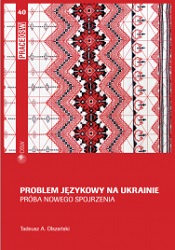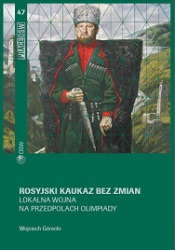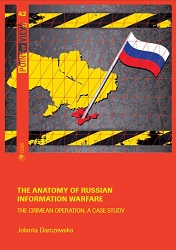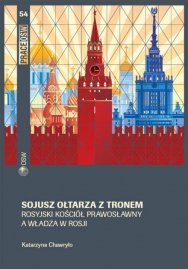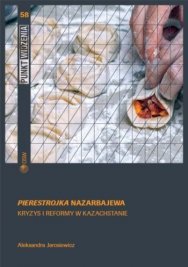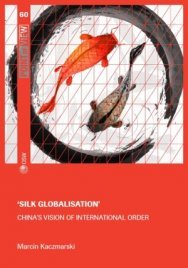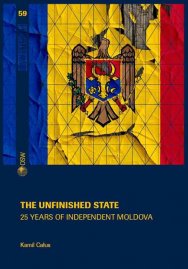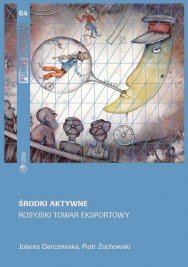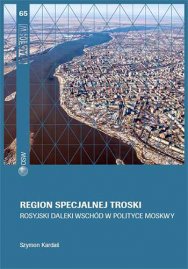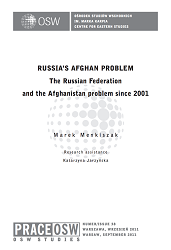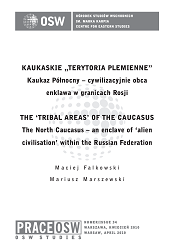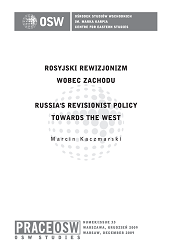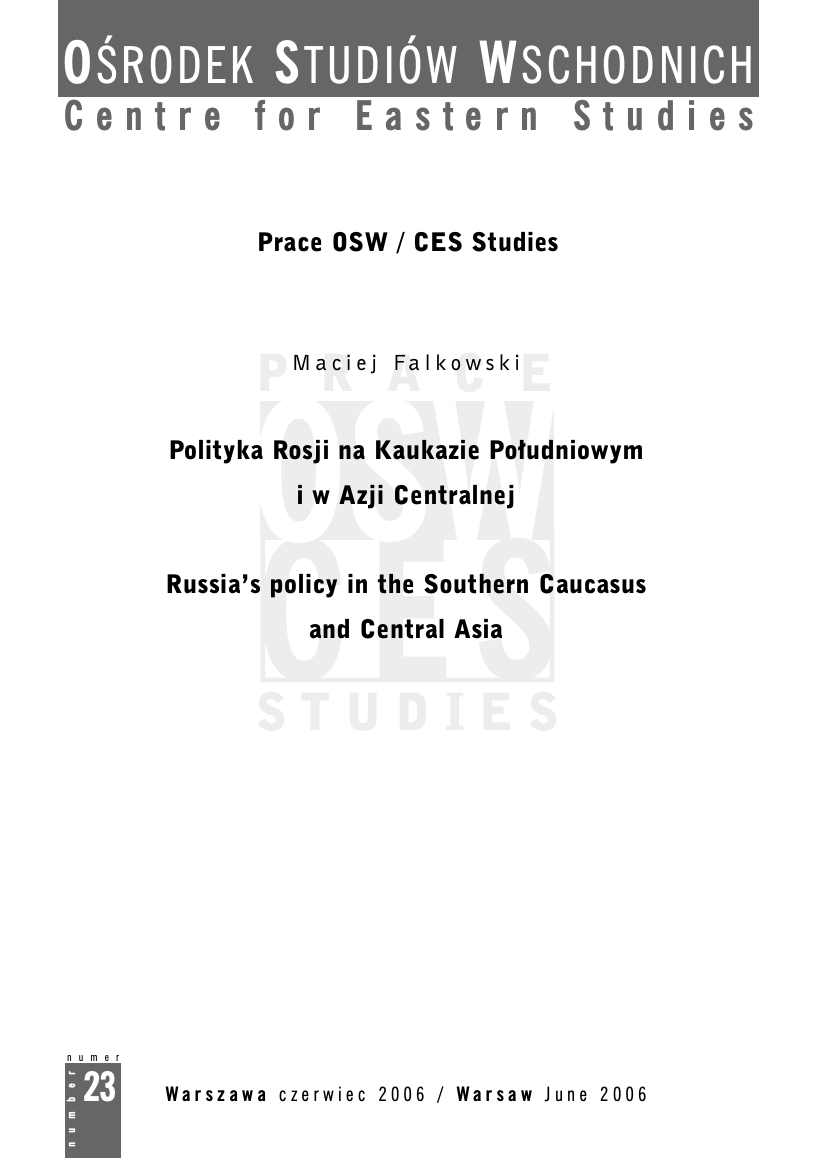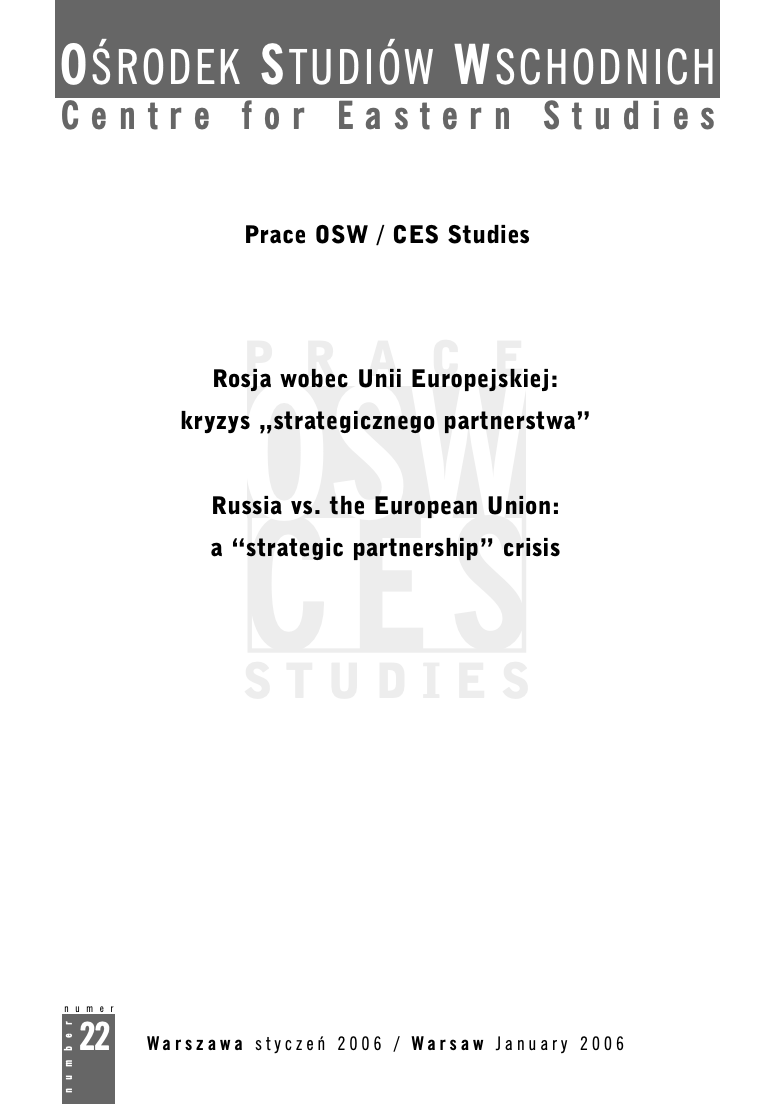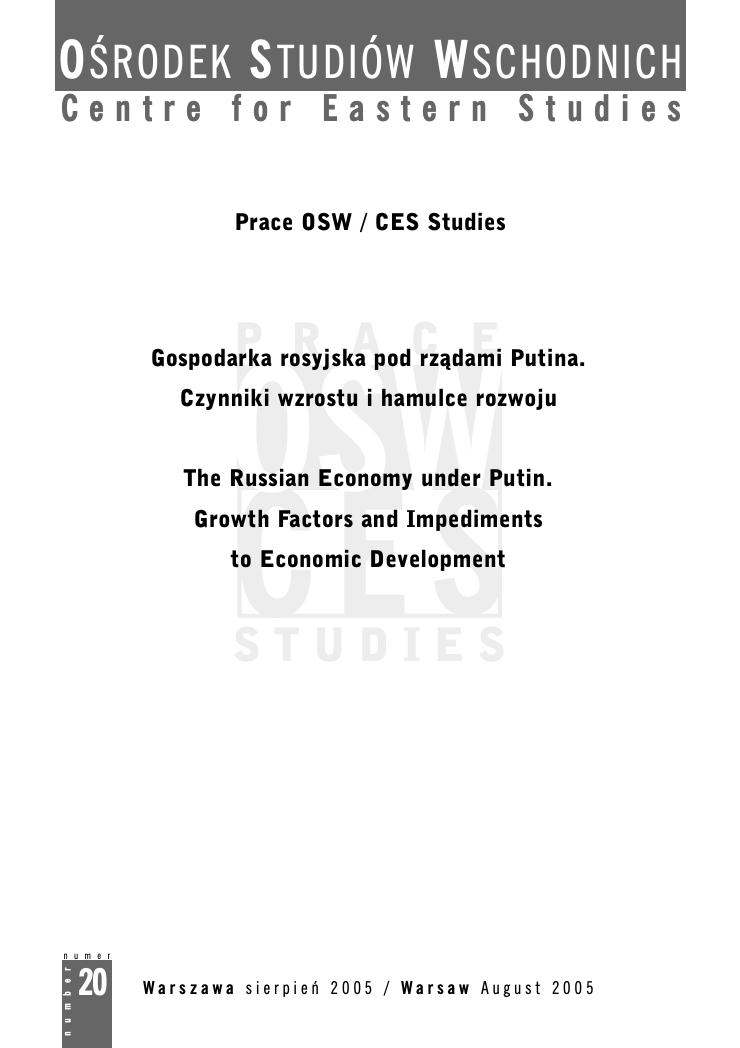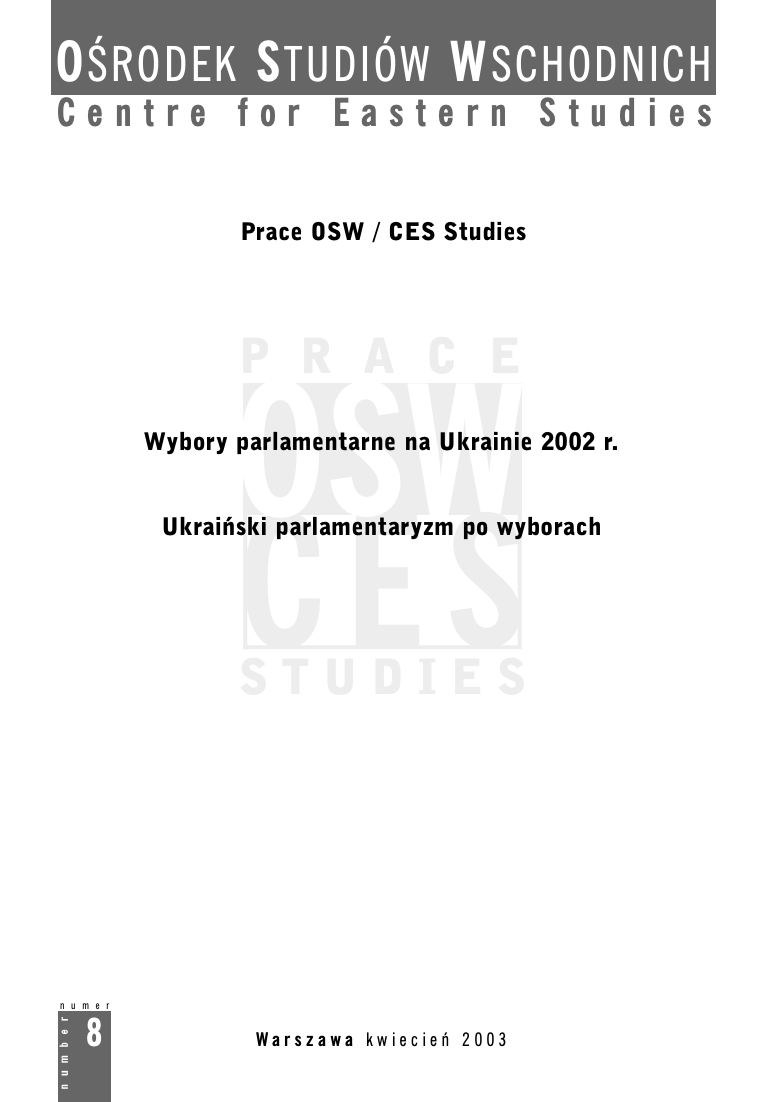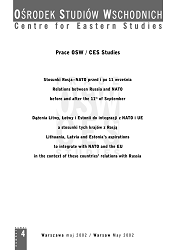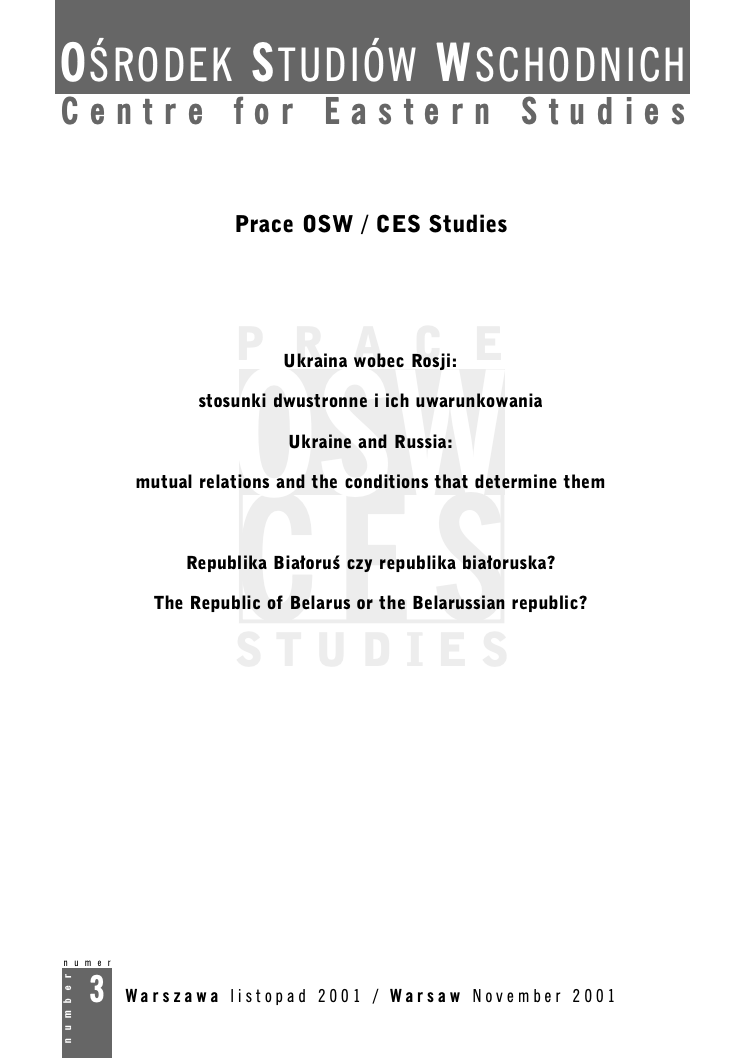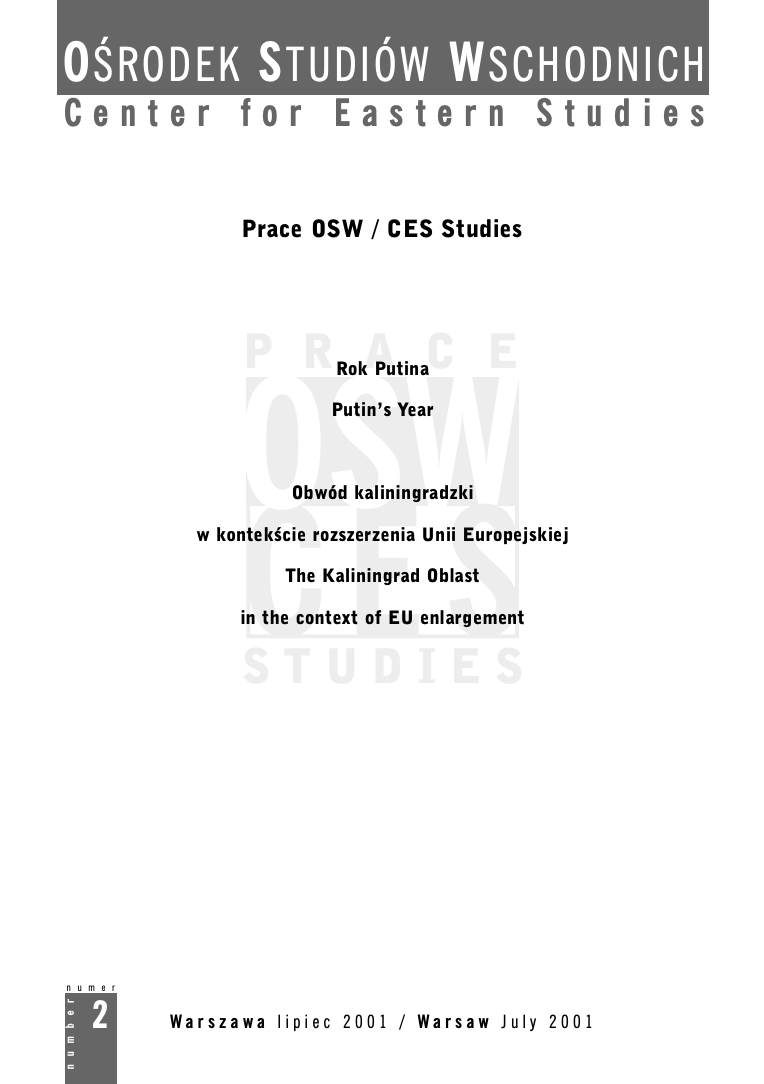Author(s): Marek Menkiszak / Language(s): English,Polish
1. Contrary to both parties' declarations on the development of their "strategic partnership", relations between Russia and the European Union have over recent years been in a state which could be called one of crisis. However, this does not mean that there have been no achievements in EU-Russian relations. The key problem is that Russia and the European Union have essentially different perceptions, aspirations and interests, which causes mistrust and disillusionment. This crisis is manifested in mutual criticism by the two sides, regularly recurring tensions and cooling of relations ("minicrises"), and especially by the "virtualisation of co-operation", i.e. concealing a lack of substantive content in many key areas under increasingly rich layers of dialogue and co-operation. // 2. The causes of the crisis differ, and some of them are profound. Most of them originate from Russia and its policy. These fundamental reasons include a lack of any clear definition of Russia's civilisational identity (whether it is a European or a Eurasian state), a lack of any defined and established vision of Russia's place in the modern world, and of a policy based thereon (the "great power" option vs. the pro-integration option), a crisis in Russia's "European project" (supporters of Russia's actual integration with the European area are in a minority among the Russian ruling elite), a lack of understanding and a negative perception of the EU and its policy by a great part of that Russian ruling elite, and the failure to develop a vision of an ultimate model of relations with the EU by the Russian government. The internal crisis in the EU (its unclear prospects for institutional reform, enlargement and neighbourhood policy) is adversely affecting its policy towards Russia. // 3. Additionally, the crisis is worsened by other factors, which on one hand are linked to the peculiarity of the Russian Federation's policy, and on the other result from the conflict of interests between Russia and the European Union. In the first case, the current Russian authorities are sticking to a model of government (authoritarianism) which is essentially different from European standards, and they resort to negative political tactics in their relations with the EU (including by exploiting differences of opinions within the EU for their own benefit). In the second case, discrepancies between the two sides' respective policies towards a "common neighbourhood" (especially towards the western countries of the CIS situated between Russia and the EU) take prominence. Russia has been attempting to support a specific political and economic model in this area, different from that suggested by the EU, as it perceives the EU's activity as a challenge to its interests. // 4. The future of Russian-EU relations depends on many factors. An analysis of the current key trends leads to the following conclusions: - It should not be expected in the short term that the situation will clearly improve, nor that the crisis will be overcome, mainly due to the fundamental causes thereof and a lack of signs of any essential change in either Russia's domestic policy or its international environment. // - some positive changes (from the European perspective) in Russia's European policy can be expected in the long term; there is a chance for a revival of Russia's "European project", which can be deduced from long-term trends (including the advantage of long-term tendencies to devolution over integration in the CIS area, the growing power of China, the expected growth of the threat posed by Islamic fundamentalism and extremism on Russian territory, the asymmetric partnership with the USA which lacks durable foundations, and in particular the strong cultural, political and economic ties which exist between Russia and the rest of Europe).
More...
